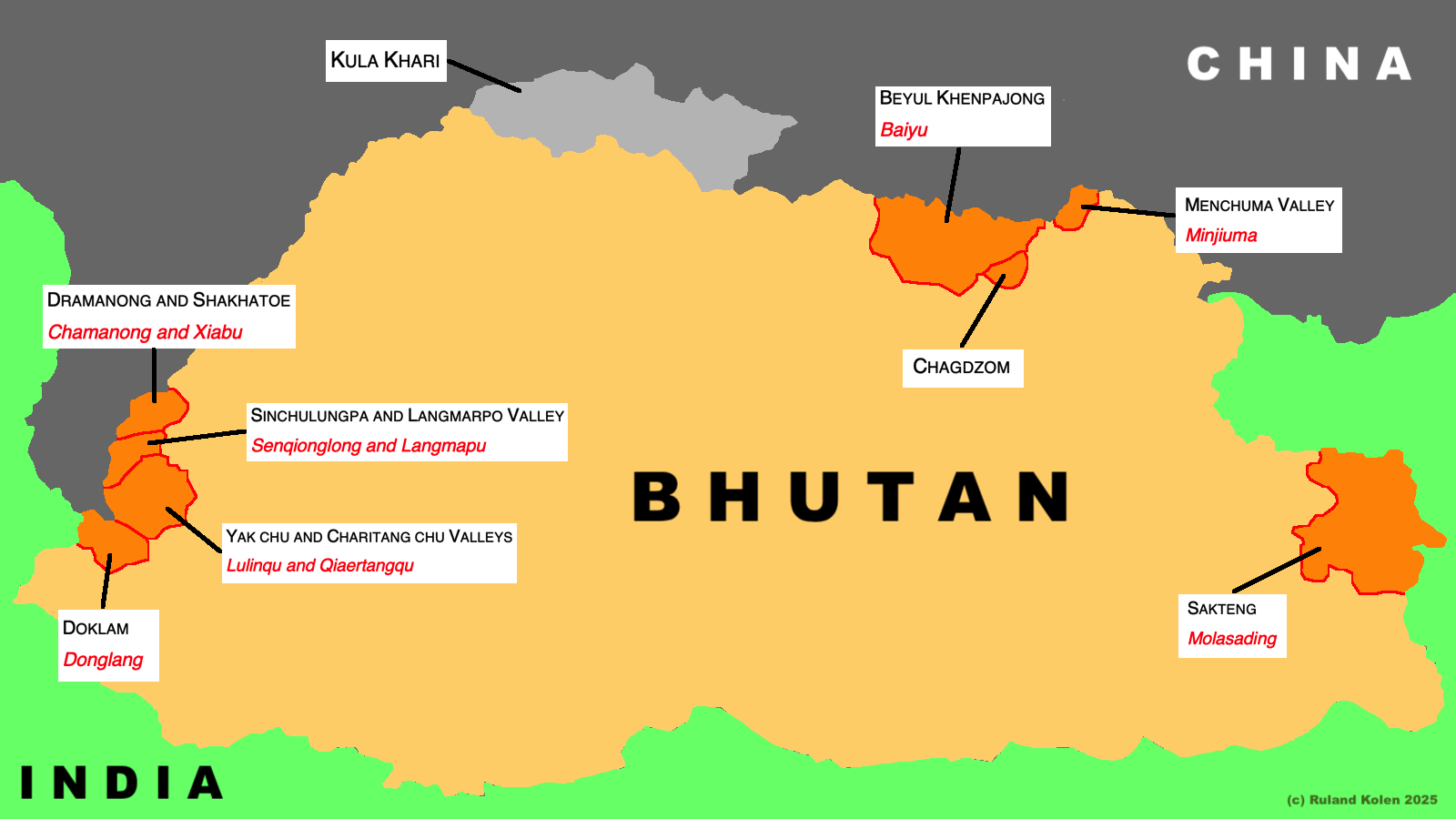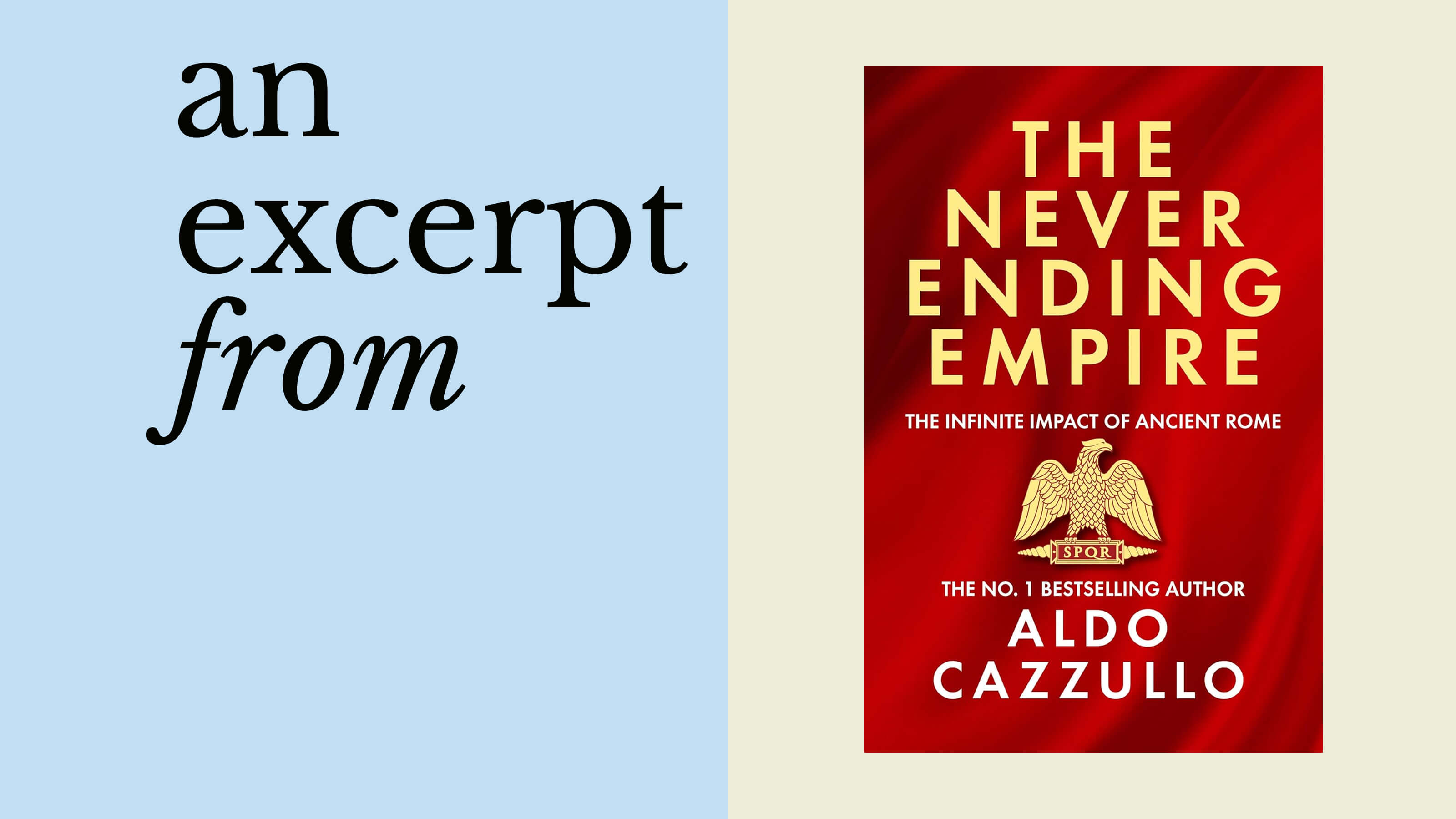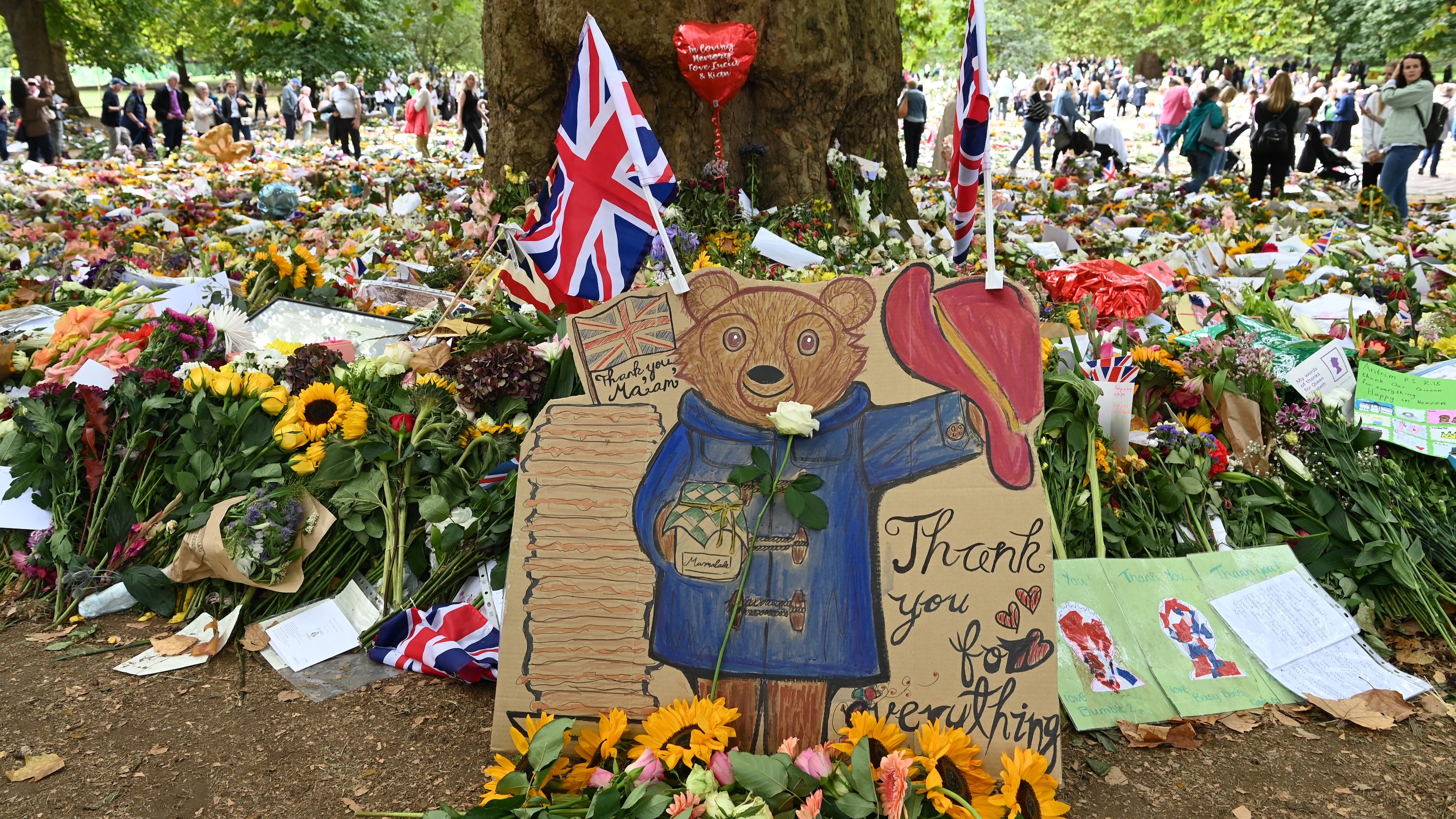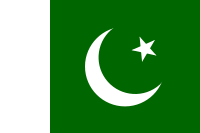Guinea Teeters: “What Will the World Do?”

Because government troops in Guinea massacred civilian protesters at about the same time as I started blogging for Big Think, I’ve committed myself to using this space to track events in that all-too-easily-forgotten piece of west Africa. A November 5 BBC radio report warns that the trauma of the massacre and ensuing sexual assaults could spin Guinea into tribalism and even civil war.
BBC reporter Mark Doyle went to Guinea’s capital to interview survivors, government officials, and informed observers. Sitting on the Conakry shoreline near the stadium where troops opened fire on protesters, Doyle spoke with Corrine Dufka, a senior researcher for Human Rights Watch. Dufka is leading an independent investigation of what happened on September 28.
Dufka told Doyle:
What is clear is there has been a coverup. The government officially acknowledged 57 dead. We have found that the family members of at least that number have not been able to find their loved ones. We have individuals who went to the morgue and saw the bodies of their children in the morgue and later when the bodies were finally exposed a couple days later they did not find their family member there. … It’s very clear that bodies disappeared from the stadium and from the morgues of the two main hospitals. There is very credible information of mass graves.
Doyle asked Dufka about claims by Guinea’s military government that the protests amount to an ethnic dispute among rival tribes, not an authentic democracy movement.
Dufka replied, “It is a pro-democracy movement because you have opposition leaders representing all different ethnic groups in Guinea. Now unfortunately, there is an ethnic element that is creeping in. The majority of victims that we interviewed talked about the perpetrators bringing up the issue of their ethnicity. … We’re extremely concerned about where this is going.”
Doyle’s report also carried voices of Guineans wanting an outside force to intervene — perhaps a multinational African force, perhaps the United Nations.
Doyle concluded his report like this: “Over many years reporting in this region, I’ve seen soldiers grab power before and I’ve seen them setting up ethnic militia groups to try to hold on to that power. This crisis may still end peacefully somehow. But I’m afraid that arming militias and denying democracy is a classic recipe for war. And the question I ask myself is: What will the world do if, and when, that happens?”





